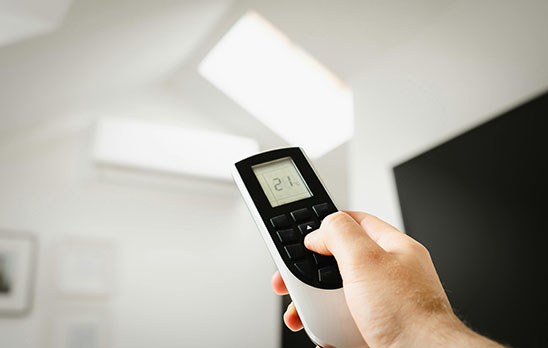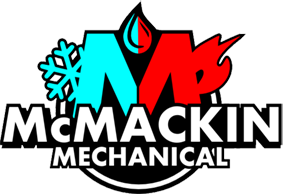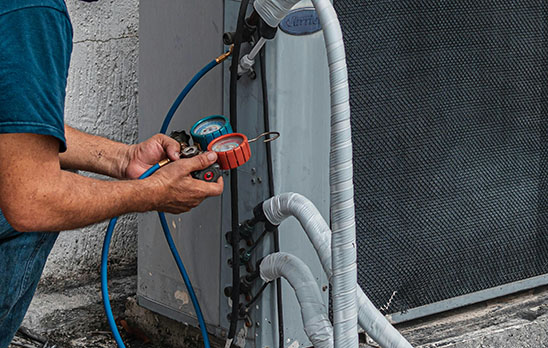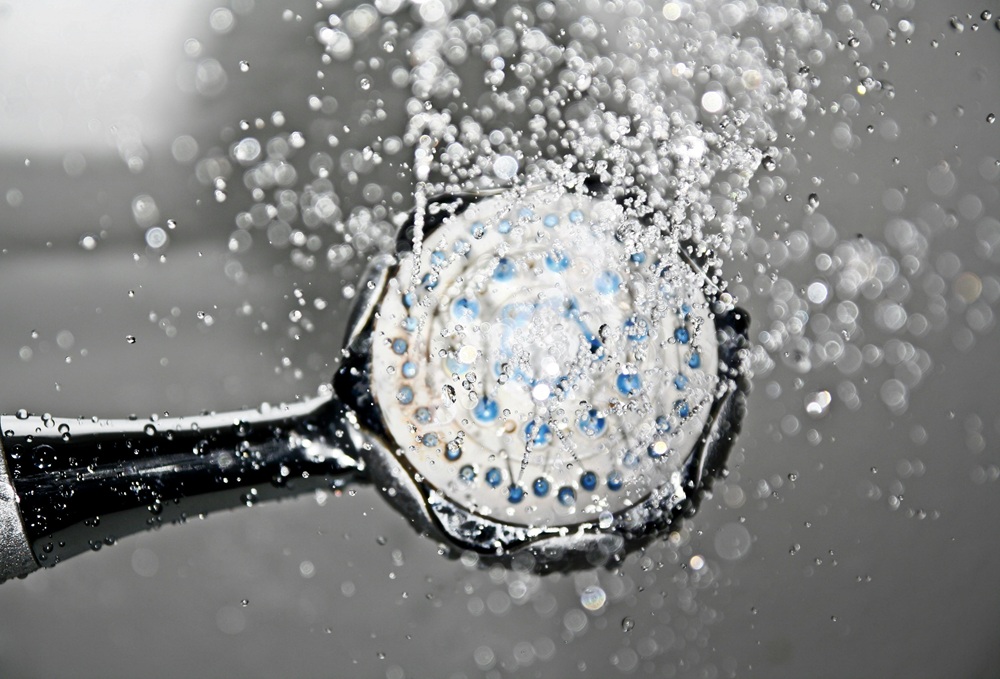Your heating and cooling system is one of the hardest-working…

Federal Energy Tax Credits for HVAC Are Ending Soon. What Homeowners Need to Know
If you’ve been thinking about upgrading your heating or cooling system, you may have heard about federal tax credits that can help reduce the cost. These credits were created to support energy-efficient home improvements, but some are now ending sooner than expected.
Whether you’re considering a heat pump, new furnace, central air, or insulation upgrades, here’s a simple breakdown of what’s changing, when it’s happening, and how to make the most of it while there’s still time.
What’s Changing with Energy Tax Credits?
In 2022, the federal government passed the Inflation Reduction Act (IRA), which introduced and expanded a range of tax credits for energy-efficient home improvements. These included credits for:
- Heat pumps and high-efficiency air conditioners
- Furnaces and boilers
- Insulation, windows, and doors
- Smart thermostats
These tax credits made energy-efficient upgrades more affordable, with homeowners able to claim up to $2,000 per year on certain products. Originally, many of these credits were set to be available through 2032.
However, as part of new federal legislation passed in 2025, known as the One Big Beautiful Bill Act (OBBBA), some of these credits will now expire at the end of 2025.
Key Deadline: December 31, 2025
To qualify for the Energy Efficient Home Improvement Credit, your system must be:
- Purchased
- Installed
- Fully operational
By December 31, 2025
This is important: tax credits only apply once a system is placed in service, which means it must be fully installed and working. Simply placing an order or starting the project isn’t enough.
How This Affects HVAC Upgrades
If you’re thinking about replacing your current heating or cooling system with a newer, more efficient model, here’s what this change means for you:
- You could miss out on up to $2,000 in tax savings if the project isn’t done by the deadline.
- HVAC systems often require permits and scheduling, which can lead to delays, especially during busy seasons.
- Qualifying products must meet specific energy efficiency standards (like ENERGY STAR ratings or SEER2 guidelines).
Not every heat pump or furnace qualifies, so it’s important to confirm with your installer or the manufacturer before making a purchase.
What You Should Do Now
If you want to take advantage of these tax savings before they expire, here are some steps to take now:
1. Start planning immediately!
Call McMackin Mechanical today and schedule your installation as time and availability is running out!
2. Choose qualifying equipment
Look for systems labeled ENERGY STAR® certified or ask us if the model meets IRS eligibility guidelines.
3. Save your receipts and documents
You’ll need these to claim the credit on your 2025 tax return, including installation dates and product information.
4. Check for additional local rebates
Many state and utility programs offer separate incentives that can be combined with federal tax credits. Use tools like EnergyStar’s rebate finder to see what’s available in your area.
If you’re unsure where to begin, call McMackin Mechanical today to explore your options and find equipment that qualifies for the current tax credit. As one of the most trusted HVAC contractors in Bucks County, you’re in good hands in ensuring you get the right equipment for your home, expertly installed and with the proper documentation needed come tax time.



